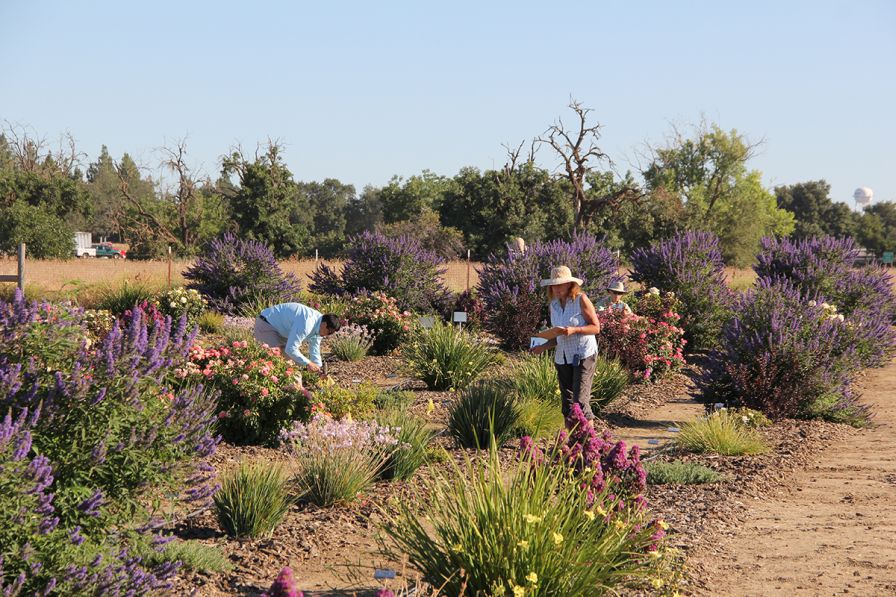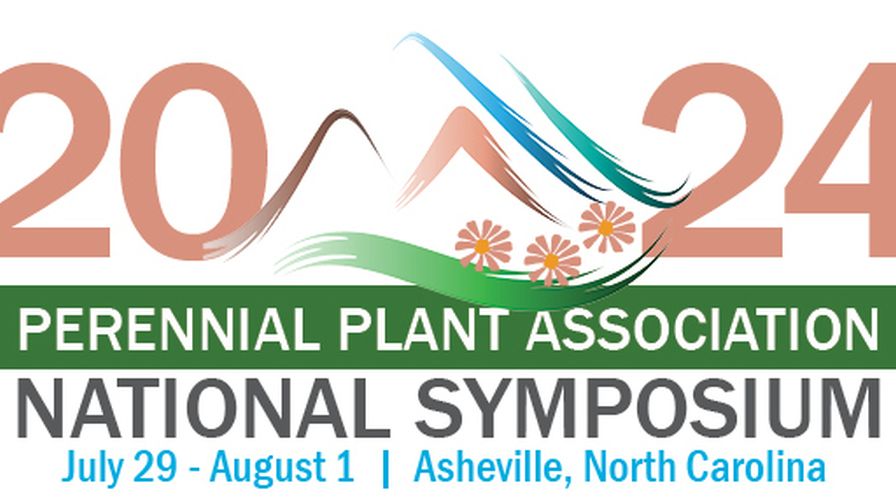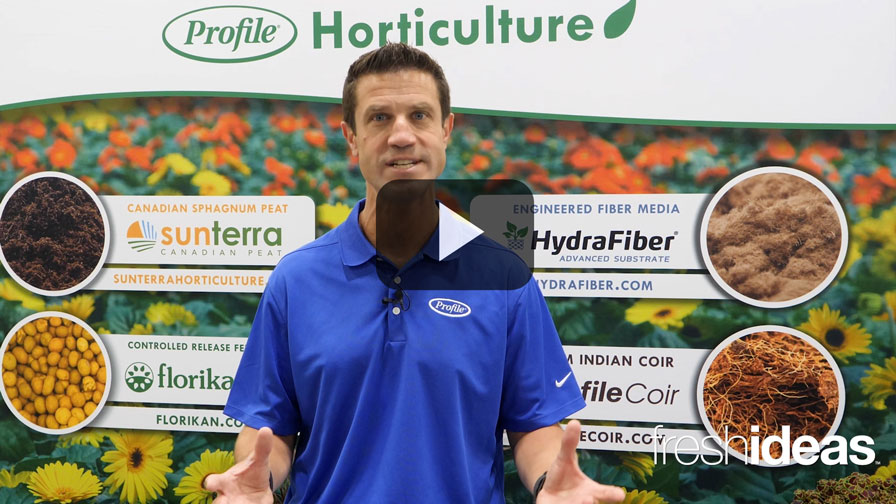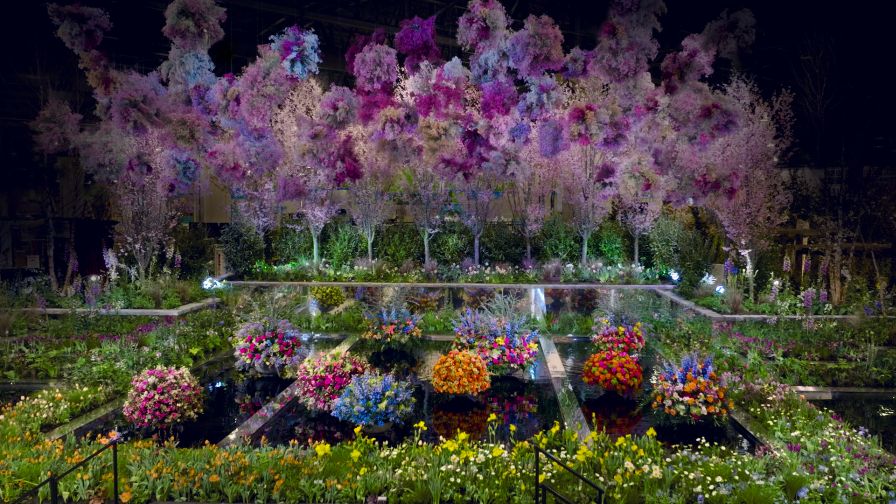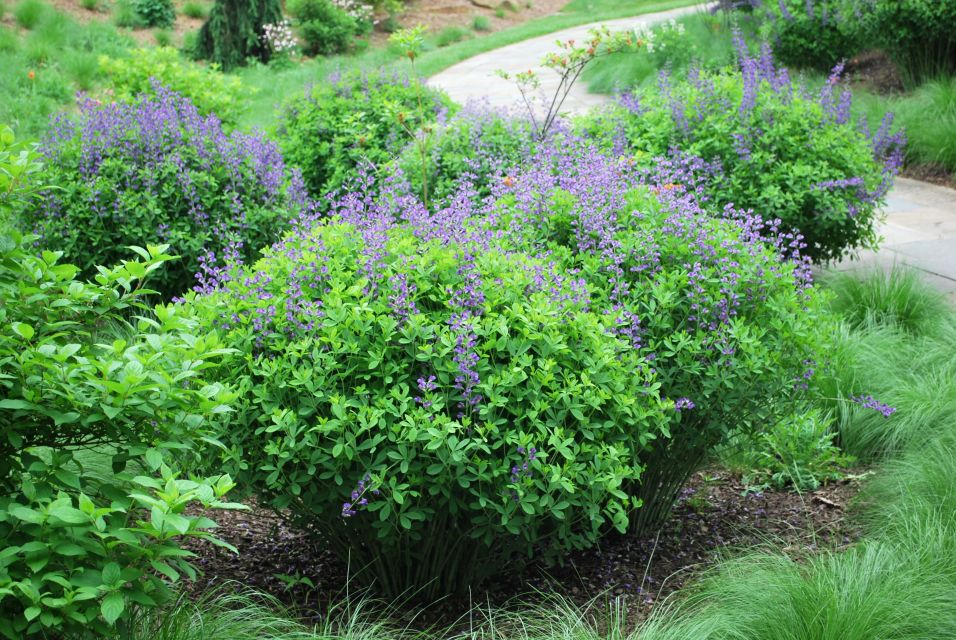Paving the Road to COVID-19 Recovery for the Horticulture Industry
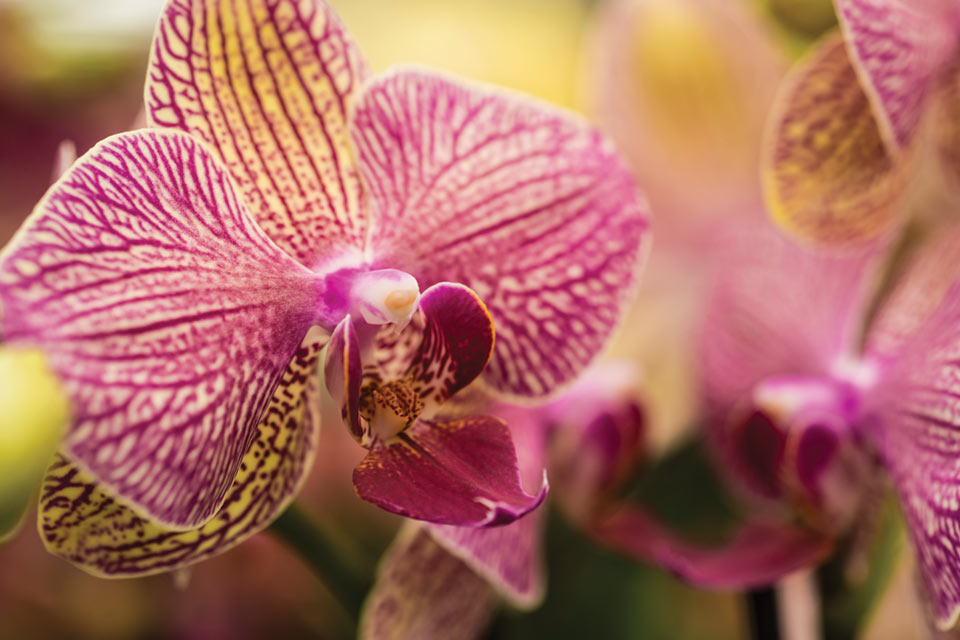 The International Association of Horticultural Producers (AIPH) hosted a webinar on June 30 that addressed how ornamentals growers, and the horticulture industry as a whole, are moving forward together amidst the coronavirus pandemic.
The International Association of Horticultural Producers (AIPH) hosted a webinar on June 30 that addressed how ornamentals growers, and the horticulture industry as a whole, are moving forward together amidst the coronavirus pandemic.
More than 300 people from 48 countries attended the event, titled “Supporting Growers Coming Out of The Covid-19 Crisis.” While “traumatic” and “immediate” were among the most common words used to describe the impact of this invisible virus on the global green industry, the goal of the webinar was to provide a path of future growth and opportunity, for growers, their workers, and the entire supply chain.
Providing a scholarly overview of the global shifting landscape was Dr Charlie Hall, Ellison Chair in International Floriculture at Texas A&M University. Hall admitted that quantifying the economic nature of the impact has been difficult, as the data is lagging and somewhat confusing.
For example, sales for 68% of U.S. growers were up from February to June, for 9% they were flat, and for 24% they were down, compared to the same period in 2019.
“This has been a very mixed type of crisis, where some benefit while others have been hurt,” Hall said.
Charlie’s presentation guided the audience on how leaders, no matter what industry, should be thinking in the “crucible of crisis.” He discussed how leaders should be managing people, from customers to suppliers to essential workers, and concluded with how leaders need to think and react. He said now as the pivotal moment in time where we need to look forward to shifting, realigning, and reimagining ourselves towards new opportunities.
Also sharing their stories on handling the crisis and their future were Toine Overgaag of Westerlay Orchids in Carpinteria, CA, and Arie van den Berg of Van den Berg Roses in the Netherlands.
As president of Westerlay Orchids, Overgaag is a hands-on executive who believes the best way to inspire team members is by encouraging personal engagement through empowerment. He has been president of Westerlay Orchids since 2009, a period in which the company’s sales volume of potted orchids to supermarkets has quadrupled to around 3 million a year.
“We were in a strong position and had been planning a pretty significant expansion,” Overgaag said. “Then the supermarkets hit the brakes.”
Overgaag talked about the need to act quickly to make the changes to ensure the survival of the business and not cut product purchases or change capital expenditure. One example was to move the accounts payable to a later date of 60 days, which is “not something we like to do.” The other was to apply for the Paycheck Protection Program offered by the U.S. government.
More importantly, Overgaag sought to protect the wellbeing of his employees.
“We were very serious about this, and we still are constructively paranoid about this invisible enemy,” Overgaag said. “We put safety over business concerns, and we expanded our sick leave dramatically. We broke out people in the production area into work teams and devised different shifts. We educated them on protection with the goal that no one could catch COVID-19 on the premises.”
With an orchid stock that was not moving, Overgaag did not waste time in delivering it to the people that needed picking up. Westerlay Orchids created a target to donate 100,000 potted orchids to hospital staff to lift their spirits rather than waste the beautiful orchids. To date, 91,000 have been donated.
The response to the coronavirus pandemic also meant Overgaag is now looking towards a digital platform for promotion and online markets.
As the owner of a thriving international rose growing business on three different continents, Arie van den Berg’s family business, Berg Roses, felt the beginnings of the coronavirus pandemic happening in China at the start of 2020.
In his unique position, with nurseries in the Netherlands, China, and Kenya, Van Den Berg shared stories of how COVID-19 impacted his subsidiaries in different countries, in different ways, and what they did to manage and overcome the crisis.
Despite the differing obstacles, he helped his workforce navigate the crisis. With substantial structural changes occurring at flower auctions, Van den Berg said the most significant uncertainty is that he has not been able to manage the route to market.
“I think how we contract with airline and trucking services will change,” Van den Berg said. “I think the way that these entities operate will also change, and we will all consider risk more as a factor in our business operations.”
All speakers were aware that there are ongoing threats from COVID-19 on the horizon. and the relationship between growers and wholesalers has changed. They all emphasized the need for growers to look more to their core assets by supporting the workforce and telling the public on social media about the importance of living green. In particular, growers should not just concentrate on the short-term fixes, but look to new opportunities and ways to thrive.
The entire webinar is available for on-demand viewing here.




